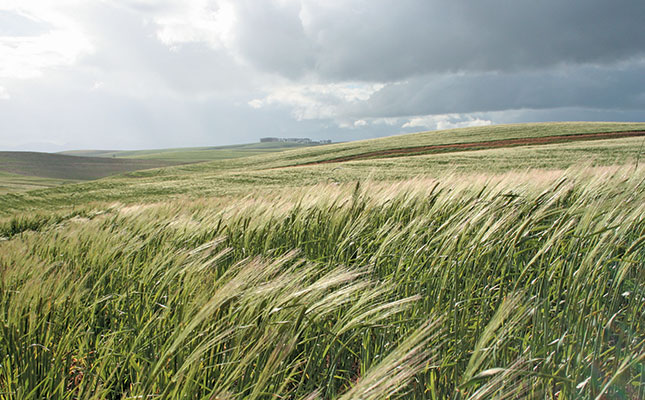
South Africans were on average 25% poorer today than we were seven years ago, according to Agbiz CEO Dr John Purchase.
He said during his address this week to the annual Free State Agriculture Congress in Bloemfontein, that in the past seven years, the country’s economy had lost more than a quarter of its value.
“If you put it in US dollar terms, it is a frightening picture.”
Purchase explained that we had “significant” growth, averaging 5%/year, under the Thabo Mbeki era in the 2000s.
This even extended slightly beyond his term to peak in 2011 due to economic structures the former president implemented.
From 2011, Purchase said, the economy dropped from about US$400 billion (about R5,8 trillion) to US$295 billion, representing a loss in growth of more than 25%.
“If you translate that to rand terms, that’s about R1 trillion worth of growth that we lost,” he said.
Purchase laid the blame on state capture and corrupt business practices, as well as policies that had shaken investor confidence.
He described the ailing GDP as the biggest concern for the average South African. Per capita GDP, which illustrated what the average South African was earning, had dropped from roughly US$8000 (about R116 000) to about US$5000/year.
“In effect, we are all 25% poorer … The poorest of the poor are going to feel that 25%,” he said.
Purchase also pointed out that the prevailing uncertainty extended to the ruling party; the ANC was “deeply divided” and President Cyril Ramaphosa did not have full support within the party.
“This makes his decision-making very difficult, also when it comes to the economy.”
However, he urged agriculture role players to participate in the current debates.
“I think there is an opportunity within this uncertainty for us to make our voices heard.”
He added that, despite the challenges, the Agribusiness Confidence Index was still more positive than negative. There was also still growth in the sector, albeit slow growth of about 1.6%/year.
He said there were further opportunities for growth in the sector, especially in export markets. The aim was to create an environment where producers could access and be competitive in international markets so that they were earning in euros and dollars.
“That would probably bring greater [long-term] sustainability to your enterprise,” he said.











